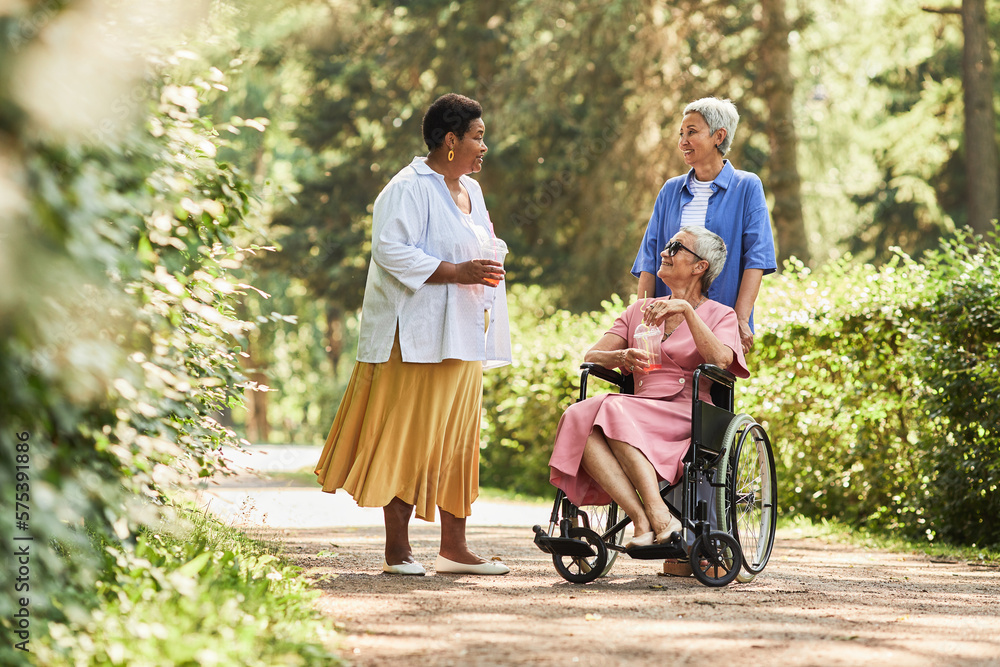Caring for an aging parent experiencing memory loss can be both challenging and emotional. As children, we might find it difficult to accept that the once sharp memory of our parents is not what it used to be. Understanding the root cause and implementing effective strategies, however, can significantly help manage the situation, leading to better outcomes for everyone involved.

Understanding Memory Loss in the Elderly
Memory loss is a common issue affecting many seniors. It varies in severity from mild forgetfulness to severe cognitive decline such as Alzheimers. Knowing the symptoms can help in early detection and management.
Identifying the Early Signs
Be observant for frequent forgetfulness, confusion about time and place, difficulty completing familiar tasks, and changes in mood or personality. These symptoms can indicate the onset of memory loss or dementia.
Steps to Assist Your Elderly Parent
Open Communication
Having open and honest conversations is essential. Talk to your parent about their memory challenges and how you can support them. Listening empathetically and without judgment fosters trust and cooperation.
Creating a Safe and Organized Environment
A well-organized living space can greatly aid those with memory problems. Removing clutter, creating clear pathways, and labeling important items can minimize confusion.
Establishing Routines
Maintaining consistent daily routines helps reinforce memory by creating a sense of structure and reliability. Meals, medications, and activities should occur at the same times each day.
Promoting Healthy Lifestyle
Encouraging Mental Stimulation
Activities that challenge the brain can enhance cognitive functions. Consider games like puzzles, crosswords, or even modern online brain-training tools.
Ensuring Physical Activity
Regular physical exercise not only improves physical health but also boosts brain function. Encourage your parent to engage in suitable activities, such as walking or swimming.
Healthy Diet
A diet rich in fruits, vegetables, and lean proteins supports overall brain health. Foods high in omega-3 fatty acids, like fish, are particularly beneficial for cognitive health.
Seeking Professional Help
Medical Consultation
If you suspect your parent has significant memory loss, consult a healthcare professional. A thorough evaluation can determine if there are treatable conditions contributing to the decline.
Utilizing Support Services
Various organizations offer support services for elders experiencing memory issues. These services range from medical advice to in-home care solutions, like those discussed in this guide on home care services for seniors.
Utilizing Technology
Assistive Technologies
Devices such as electronic pill dispensers, GPS trackers, and reminder apps can help manage daily tasks and enhance safety.
Online Resources
The internet is a vast resource for learning more about conditions related to memory loss and finding support groups. Websites like Aging Arkansas provide helpful tips.
Emotional Support and Caregiver Well-being
Building a Support Network
Connect with others in similar situations through community groups or online forums to share experiences and gain emotional support.
Self-care for Caregivers
Taking care of yourself is crucial. Regular breaks, personal hobbies, and possibly hiring respite care are necessary to maintain your own physical and mental health.
Maintain Positivity and Patience
Caring for someone with memory loss requires patience and understanding. Celebrate small victories and remain optimistic about potential improvements and adaptations.

Faq Section
What are some early signs of memory loss?
Frequent forgetfulness, difficulty completing tasks, and personality changes are common early signs.
How can routine help in managing memory loss?
Routine helps create structure, making daily tasks easier and more predictable, which aids memory.
What professional resources are available for memory loss?
Medical professionals, care organizations, and support groups offer various services for managing memory problems.
For more insights, read our article on balance issues in the elderly.
This article contains affiliate links. We may earn a commission at no extra cost to you.

